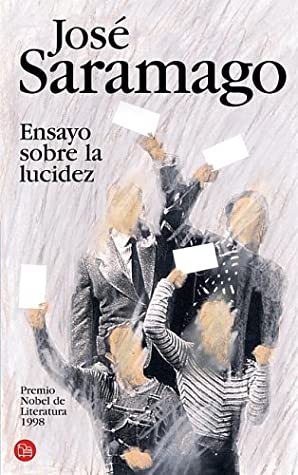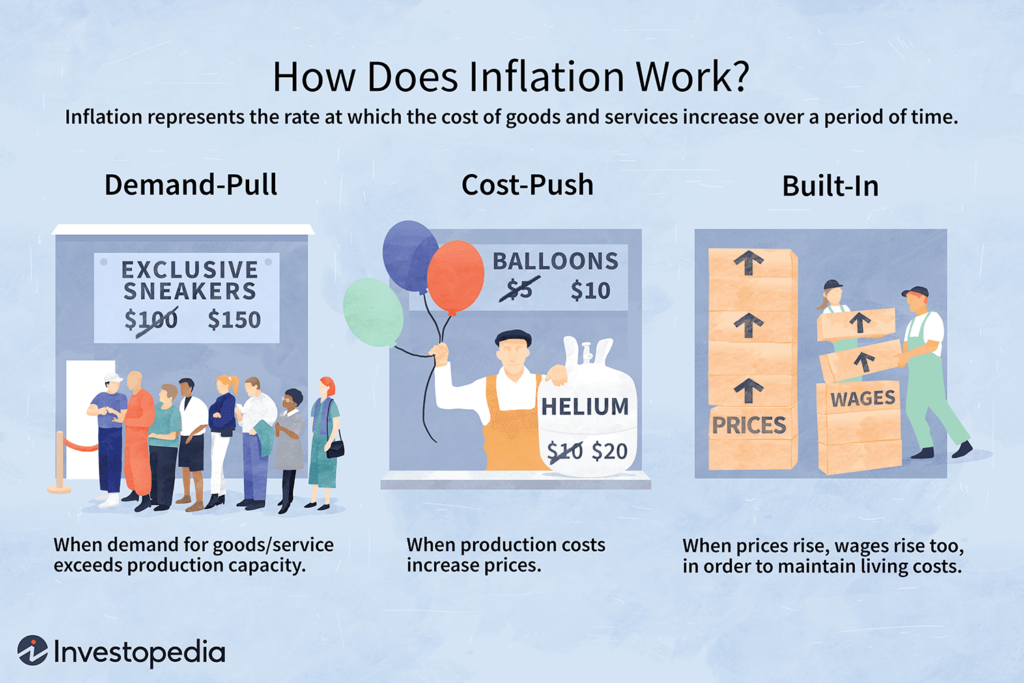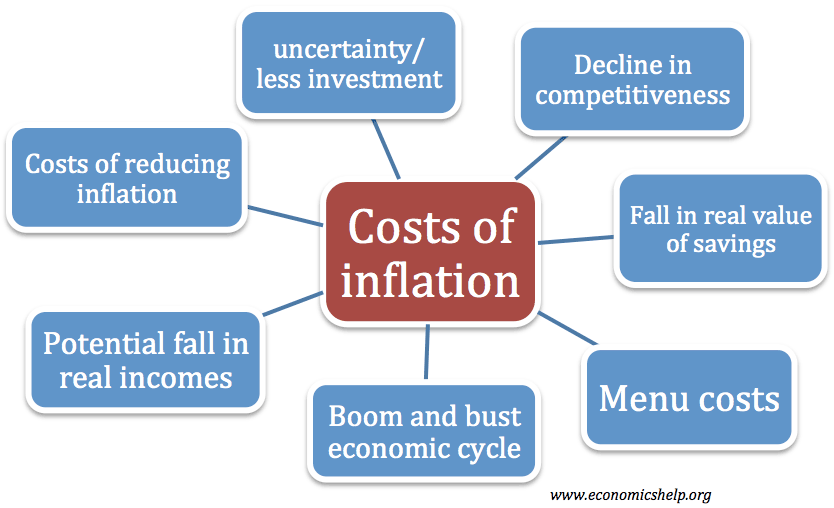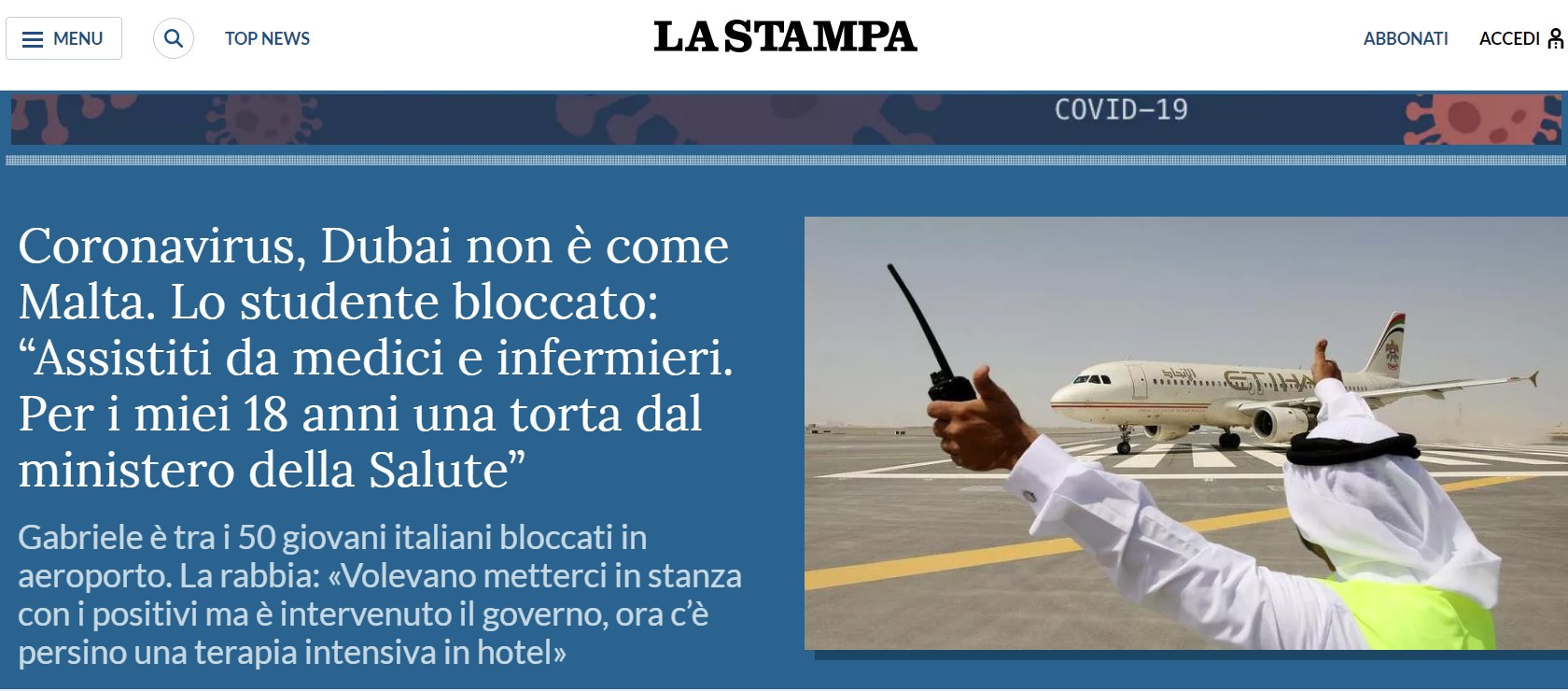The author of this guest post is known to me. Opinions expressed in this post are the author’s and I do not necessarily subscribe to all of them.
The Labour Party has just secured its third term after garnering 55.1% of the popular vote against the Nationalist Party that only managed to secure 41.74%. After the Electoral Commission published its data on Monday, it was then time to look at the numbers and how both parties fared during the election.
In 2017, then disgraced prime minister Joseph Muscat called for an early election in the wake of the Panama Papers leak which saw his right-hand man Keith Schembri and then minister Konrad Mizzi caught red handed with offshore structures set up to allegedly receive kickbacks and a third mysterious company. That same year, we also had a then economy minister allegedly visiting a brothel while on government business and ‘17 Black’ dropped by investigative journalist Daphne Caruana Galizia.
Following the June snap election, many took to Facebook to “analyse” the PN’s internal situation and demand change from the Nationalist Party, even though they would never bring themselves to vote for the party, despite claims to the contrary. Whilst celebrating Labour’s victory, and at the time “absolving” Mizzi of his sins, many sought to pin the defeat on someone or something.
The easiest target was Daphne Caruana Galizia – she had been targeted by trolls and the Labour party machine for years. Journalists only discovered solidarity after her assassination otherwise the country is made up of people too busy polishing their egos, and her stories had not yet been “proven”. As the country’s institutions were dismantled, especially the police force, there was no one out there willing to investigate her stories. Thereby remaining largely just what they were – articles on a blog. While some took up those stories and started questioning, others stopped at who wrote them. Incapable of formulating an opinion of their own, then it was reduced to “hatred” towards the Labour Party and its then-leader or even worse the journalist was some PN stooge.
(Fast forward to a few years later and people realised that there was truth to those stories, however, some of the country’s institutions continue to drag their feet). It was in this context that Caruana Galizia was blamed for the PN’s loss and subsequently isolated when Adrian Delia and his baggage was taken to the party. It is obvious that after such a defeat, in a country that treats politics like a derby match, people within the party wanted heads to roll and a new start.
Specifically for this post, I went to look up reports carried by the Labour propaganda machine in the aftermath of the election and the time Delia was elected.
The seeds of the second colossal loss by PN were sown in 2013 Martin Scicluna had told us in an article on the 2017 election where he argued that the PN had ignored its post-mortem report following the previous election. Scicluna had argued that the PN should have formally disassociated itself from Caruana Galizia.
2022 was the first election without Daphne Caruana Galizia, the first one without her commentary, sharp wit and everything in between. And here we are again, with the PN losing to the PL with over 39,000. However, there is no Daphne to blame this time around, as people seek to blame by proxy, and “independent” newspapers push the Labour line whether consciously or not, by bashing those who have stood with activists in the anti-corruption fight.
In this election, the winner is the mafia who wanted to ensure that everything was closed off as soon as the “people spoke” in free but not so fair elections.
What led to this?
Labour insiders have said the election was called when its polls were showing that there would be no “maġġoranza assoluta” over PN. The election had to be held after the Pope’s visit, not the week before. What we have observed in the weeks that followed was Labour out in full force trying to reach out to those who were thinking of abstaining from voting for one reason or another. Then the party took the power of incumbency to a whole new level – TVs, laptops, one-year internet subscriptions, jobs, hampers, berthing spots were among the freebies given out in the last two weeks of the campaign. Not to mention the cheques and other “bonuses” given by the government. The PN in this context was reduced to a third party. It could have never outdone the PL in its freebies.
Then we also got the PL’s feel-good concerts which ultimately saw artists (instead of sending the party in government to hell for the Covid double standards employed between partisan events and other art events) performing on a stage that was indirectly funded by the taxpayer. This time around, we had several people in receipt of gifts during the campaign posting freely to Facebook, without the police taking any action against treating – an offence during the electoral campaign.
The PN could never compete with this. It was a free election but not necessarily a fair one. This does not only apply to PN but also applies to the smaller parties.
If one had to analyse the PL’s campaign, apart from harping about its major pledges, the PL dedicated equal time to addressing the undecided voters and those who mulled on abstaining. Each speech always referred to “grievances” and then we got Abela telling us that we could go directly to him or Lydia Abela with our “grievances” as he promised solutions.
The Nationalist Party then side-lined corruption as one of its major issues despite being rife. By doing so, it also side-lined the MPs who had been most vocal about it. Instead of opting for the so-called bread and butter issues without addressing the elephant in the room – the Ukraine war and its impact, the ruling party’s short-sighted vision of spending in the short term without any regard to the future, and sending mixed messages.
Those who are still angry at PN’s previous administrations and its track record on the environment find it difficult to trust a party who tries to please both the environment lobby and the construction industry in the same breath.
Then there are the PN’s two souls that constantly find themselves pitted against each other – the conservative and the liberal one. Labour is not liberal, Labour uses liberal issues to achieve its goals and this is done by what the polls are saying. If Labour was liberal it would have never drafted and tabled the cyberbullying bill – which will serve to introduce criminal libel by another name. As an example we can take recreational cannabis: We can win 100s of votes with cannabis, then we give them recreational cannabis. We’re losing votes due to the cannabis legislation, so we do not mention it anymore – that was the reasoning employed.
Many have taken to Facebook to tell PN what to do. No one bothered telling PL what to do, despite the stories on Abela’s ODZ villa or Abela’s connections to the criminal underground, or seeking to absolve Rosianne Cutajar through an election. What we got was Joseph Muscat, Emmanuel Cuscheri and others who are angry at the PN for removing Adrian Delia speaking about cliques and elitism ad nauseam following the party’s loss.
No-one turned to the PL to tell it what to do next. No one demanded answers over things that came to light over the past months. No one demanded that the people in power, now with a nine-seat majority, behave better. No one took to task the Labour leader for refusing to sit down with independent media. While the Labour Party was busy complaining to editors about different journalists who asked thorny questions to their beloved leader.
Instead, we have an opposition party quickly but surely hitting the destruct button as it seeks to blame someone for the loss, without understanding the context in which this loss happened, and possibly heeding unsolicited advice from various quarters, who are not so many words are asking the PN to abandon the anti-corruption fight.
Repubblika did the right thing to sit out this election. It cannot be blamed for it.
There’s no party out there to save us. If the PN wants to work towards an electoral victory it should convince the people out there why it is a better option and decide on the issues which it wants to take up and take them up. If the majority is happy with the freebies, then that is what they want. What it can do is convince them why this is wrong and decide to fight back or leave.
Now, back to what led to this long-ish guest post. In this election, we saw those who within the Labour Party opposed Muscat being voted out bar two – Chris Fearne and Clifton Grima. As with Fearne, he enjoys a lot of popularity, however, the plan was always for him to be kicked upstairs.
Then two Opposition MPs did not make it to Parliament – Jason Azzopardi and Karol Aquilina – whose faces ended up on a PL billboard, and whom PN has hidden throughout the whole campaign, even though if you had to take a good look at the previous opposition parliamentary group – bar Aquilina, Azzopardi, Therese Comodini Cachia – you’d be lucky to squeeze out 500g of grey matter. The three of them also enjoy respect from the anti-corruption activists – something which the likes of Delia and others do not.
However, in the aftermath of the election when Aquilina and Azzopardi were not elected both through the PN’s own doing and with a little help from Labour, now we get all the experts urging them to bow out of politics. And one should look at the messengers this time round. What interests do the messengers have? Anyone who has done a campaign at least once in their life can see the coordinated and concentrated efforts all around us.
These concentrated efforts are not only aimed at the two candidates seeking election through casual elections which after all is their right – in our system the seat belongs to the candidate and not the party – but is also aimed at a cohort of anti-corruption activists whose strings cannot be pulled by either of the two parties, who are self-sufficient enough not to require government jobs, who have nothing to lose because they have made it in their lives, and who were wise enough to not touch the election with a barge pole.
What we have here is the mafia back at work – the mafia works in a climate where it is perceived not to exist. Eliminating the two most vocal voices in parliament on the anti-corruption fight and pleasing the Labour narrative is isolating them, and the activists. Funnily enough, some media were quickly picking up Facebook posts that would garner website hits and perpetuate the narrative. Others are busy throwing Facebook posts and going on about “elites, negativity or the establishment” and other stupid propaganda we have been fed throughout the last ten years. On one hand, you’ve got trolls pushing the narrative, on the other hand, you have those who genuinely believe it because it also suits them for whatever reason. One thing we must surely do is we must fight to ensure that Daphne Caruana Galizia’s work and sacrifice is not buried under a so-called fresh start for the Labour Party with the complacency of the Nationalist Party that is aspiring to win the next election as though it was some football match where you get a bunch of new players, while remaining the same party that fails to convince.









